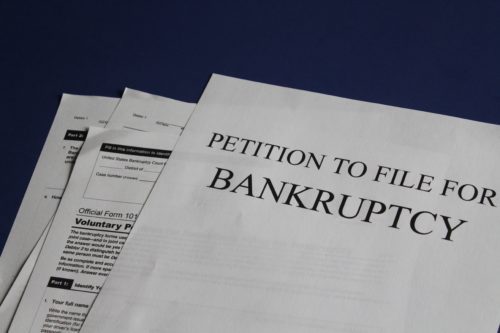
Bankruptcy can erase many types of debt, but certain types will make it through the process unscathed. This is why it is a good idea to consult with a Bergen County Chapter 13 bankruptcy lawyer before you decide to file for bankruptcy. An experienced attorney can look at your finances and tell you if this is a good idea for you.
What Debts Can I Erase Through Bankruptcy?
Fortunately, the list of debts that you can erase through bankruptcy is quite long and varied. For many people, this process can take care of the bulk of their debt and allow them to start rebuilding their financial lives. Bankruptcy can erase:
- Medical debt
- Credit card debt
- Overdue rent or utility payments
- Personal loan debt
- Collection agency accounts
- Many types of civil court judgments
Can I Erase Student Loans Through Bankruptcy?
There is one common type of debt that cannot be discharged through bankruptcy though. We are talking about student loans. Despite how burdensome these loans have become on some people, they cannot be forgiven except in rare circumstances. You would need to show that you have a disability that permanently prevents you from working or you would need to show that the loans create an “undue hardship.” It’s rare that either exception is granted to erase these loans.
What Other Debts Are You Unable to Erase Through Bankruptcy?
There are a few other types of debt that cannot be wiped away through bankruptcy. Secured debts, like car loans and mortgages, are one of them. A secure debt has collateral, an actual item, backing it up. If you want to keep your house or car, you need to work out a deal where you continue to make payments. If you want to get rid of the debt, you would have to lose your home or car.
Many types of court-ordered fees do not get erased through bankruptcy. If you have been ordered to pay restitution to someone you have harmed or if your divorce agreement requires you to pay your former spouse’s legal fees, bankruptcy will not change that. Speaking of divorce, bankruptcy also will not free you from your obligation to pay alimony or child support. This includes any back payments you owe.
Do I Need a Bankruptcy Attorney?
Having a bankruptcy attorney on your side can make this process easier. There is a lot of paperwork involved and you do not want to make mistakes. An experienced lawyer from our firm can guide you through this process and get you a fresh start.
Contact Our Law Firm
If you are considering bankruptcy, meet with a knowledgeable attorney before you do anything drastic. Contact the Law Office of Boyd & Squitieri to set up a consultation. We can tell you if this is the right option for you, and then we’ll help you get on the path to a brighter financial future.